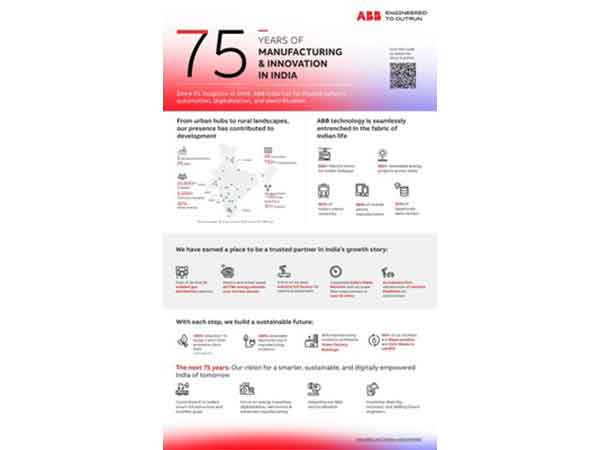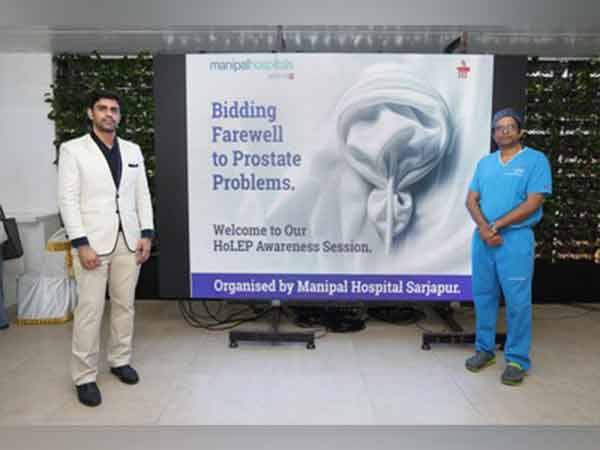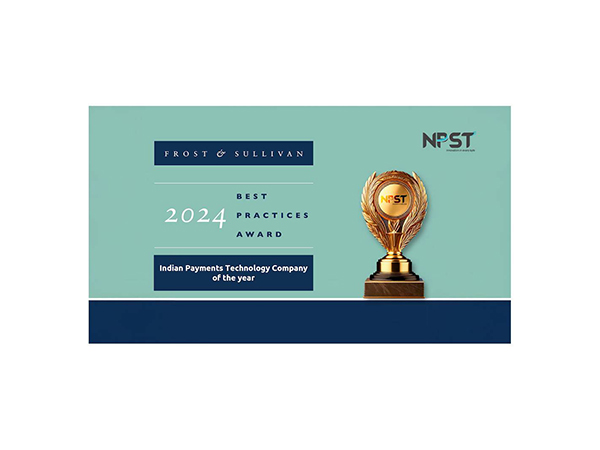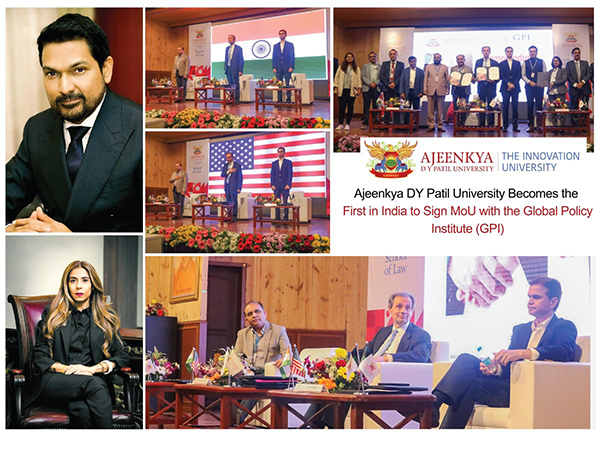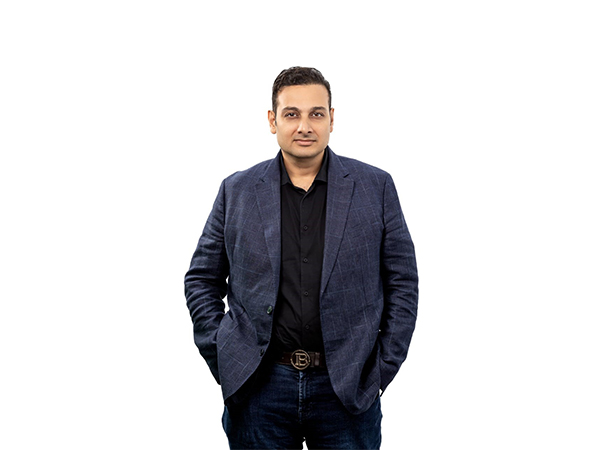Opening dialogue session at Fujairah Media Forum 2024 discusses reality of institutional media in Arab world
Apr 27, 2024
Fujairah [UAE], April 27: The opening dialogue session at the Fujairah Media Forum 2024, held yesterday and focused on the theme "Parallel Media", addressed the current state of institutional media in the Arab world.
The session was attended by Mohamed Jalal Alrayssi, Director-General of the Emirates News Agency (WAM), Saeed Mohammad Al Eter, Chair of the UAE Government Media Office, and Khaled El Balshy, Head of the Egyptian Journalists Syndicate, and it was moderated by Emirati journalist Faisal bin Hariz.
Alrayssi discussed the increasingly intense competitive landscape and the new challenges it presents. He noted, "One study shows that individuals receive between 6,000 and 10,000 messages daily. This implies competition against approximately 6,000 other sources, underscoring the need for maximum speed in accessing and disseminating information."
He further elaborated, "There's a concept known as Economic Attention, signifying that capturing people's attention translates into economic value. The challenge lies in the fact that people's attention spans have diminished over the past 15 years. An adult's attention span now averages around eight seconds, while a younger individual's attention span is as brief as four seconds."
He explained that while artificial intelligence has entered the realm of media, it cannot replace human imagination. Despite its potential for errors, there's no harm in utilising it for routine tasks, which ultimately saves time for journalists, allowing them more space for creativity.
Alrayssi highlighted additional challenges confronting the media, including misinformation. He referenced the annual global risks report issued in January 2024, which ranked media misinformation and the spread of rumours as the second most significant threat facing the world. Alrayssi provided an example, citing videos that gained widespread viewership during the COVID-19 pandemic, which contained rumours about a conspiracy theory alleging a plot to reduce the global population through vaccines intended to prevent the disease.
Regarding the future of media, the Director-General of WAM stated, "I believe that fostering integration between traditional and new media, along with content creators, is crucial for media success. The world is no longer a small village; rather, it has become a global network, with audiences dispersed across all corners of the globe. This presents the most significant challenge for the media, necessitating collaboration as one cohesive team to achieve integration. It also involves selecting content that resonates with our customs, traditions, and identity."
Speaking about the influence of the media, Saeed Al Eter remarked, "Today, the media is not merely a fourth estate but nearly a secondary authority, around which nations, societies, businessmen, and economists vie for influence. For instance, the TikTok platform sparked a shift in American public opinion. With 170 million American citizens active on this platform, and over ten thousand individuals whose livelihoods rely on it, the American government opted to ban it. This serves as a prime example of the media's power."
Al Eter addressed the challenges confronting media institutions, particularly artificial intelligence, stating, "If the media and technology do not align and collaborate, leveraging expertise in the technological domain, progress will be hindered. Ultimately, embracing development is crucial and necessary for sustainability."
Regarding the future of media amidst these challenges and rapid developments, Al Eter expressed optimism, particularly for the UAE, citing its integrated, harmonious, and cohesive media system. However, on a global scale, he noted the media landscape is marked by considerable ambiguity, characterised by advanced and rapidly evolving technologies. Additionally, Al Eter highlighted the proliferation of numerous media institutions aiming to alter the identity, beliefs, values, and culture of others.
For his part, Khaled El Balshy, Head of the Egyptian Journalists Syndicate, emphasised the common thread between traditional and modern media, highlighting that content serves as their unifying element. He noted that the rise of new media, exemplified by social platforms, hasn't displaced traditional media, as media, in its entirety, remains a perpetual human necessity for as long as humans endure.
El Balshy underscored the significance of integrating traditional and new media by advocating for the enhancement of citizen journalism. He emphasised the importance of developing and training citizen journalists, seeing this as a solution in light of the widespread use of social media.
Looking towards the future, El Balshy expressed optimism about the prospects of journalism. He highlighted the need for tools to keep pace with technological advancements and underscored the importance of content that reflects the diverse perspectives of the public and various stakeholders. El Balshy concluded by expressing confidence in a professional future for journalism in the region.
Source: Emirates News Agency

